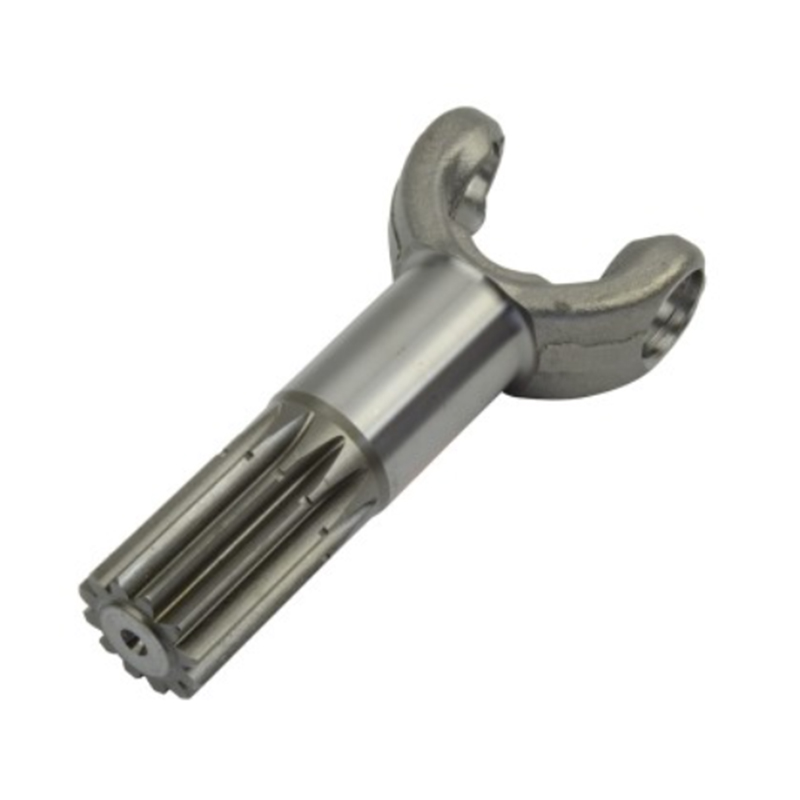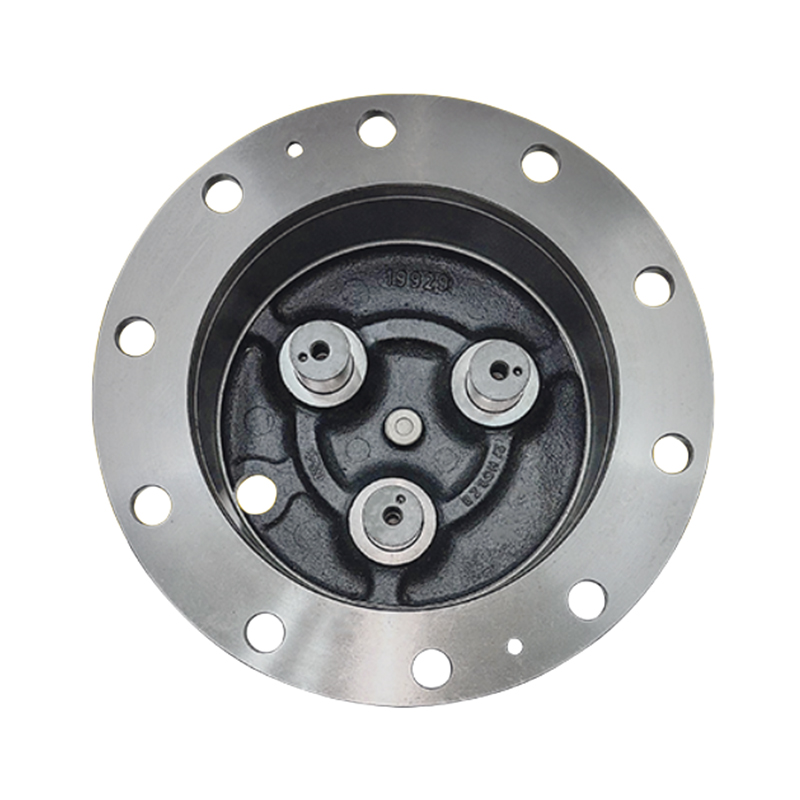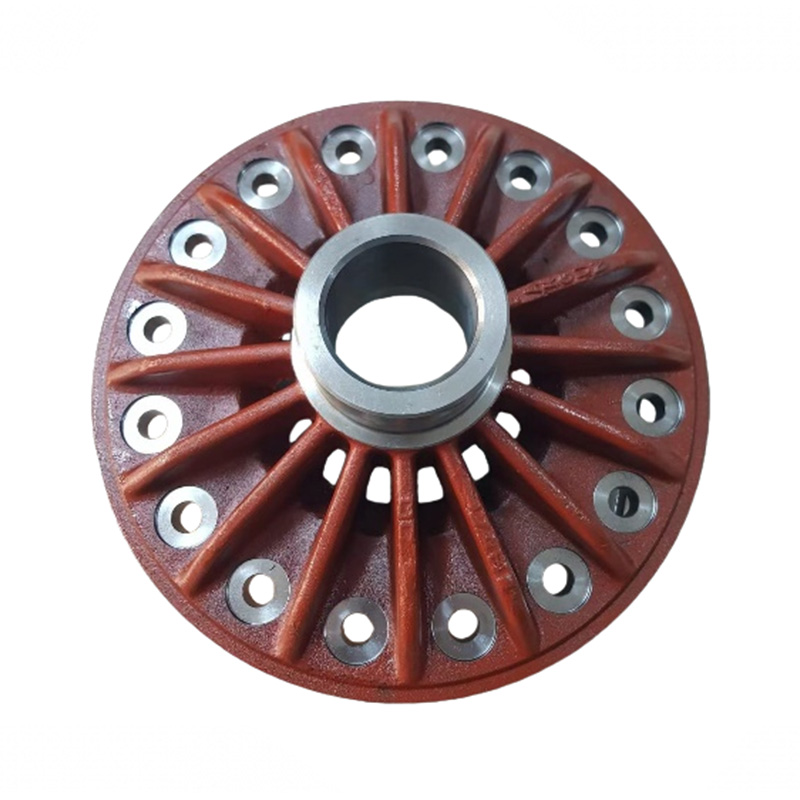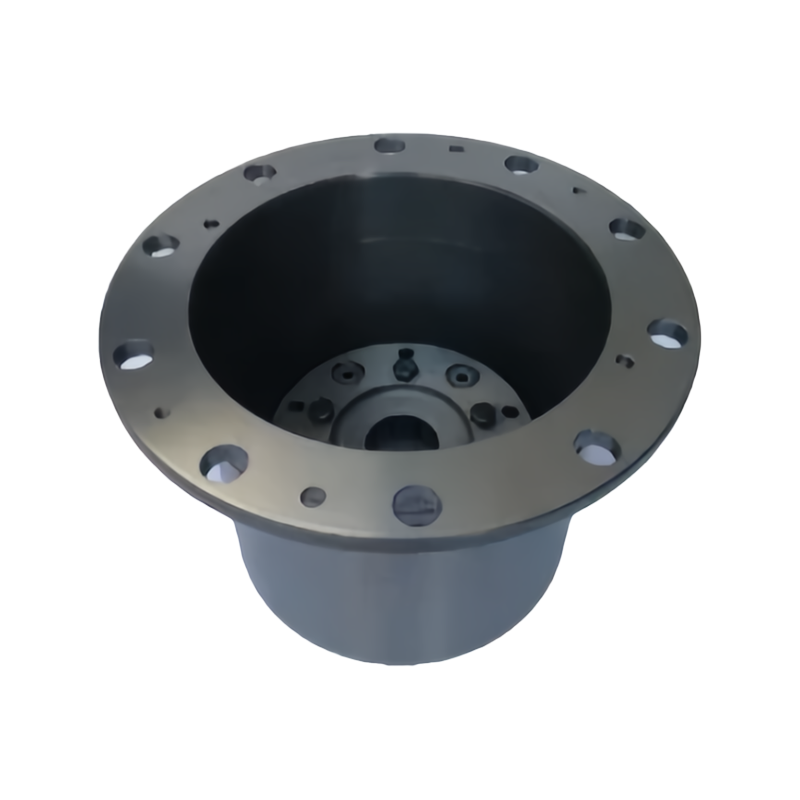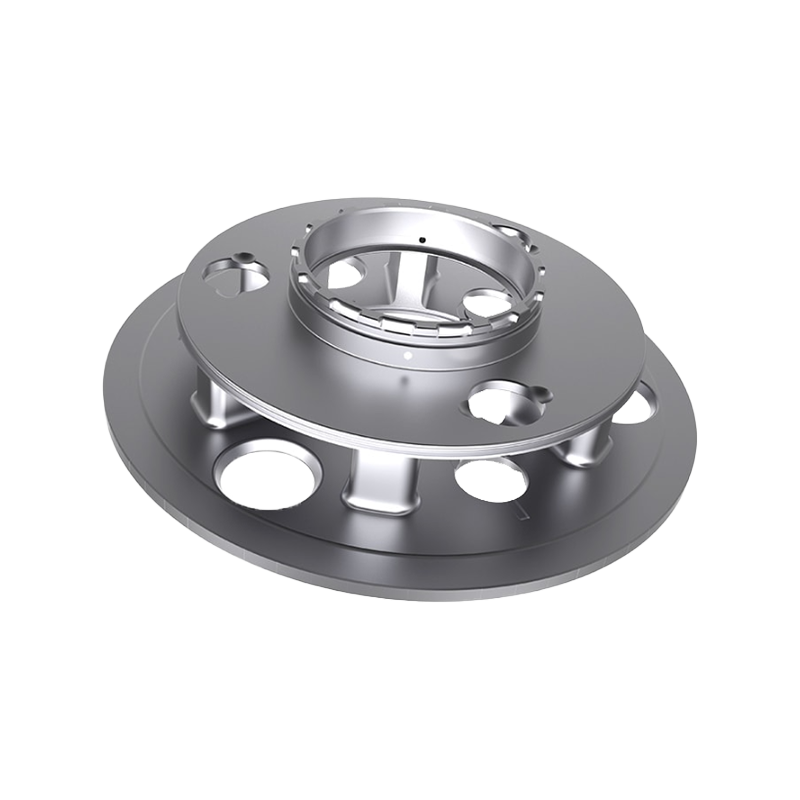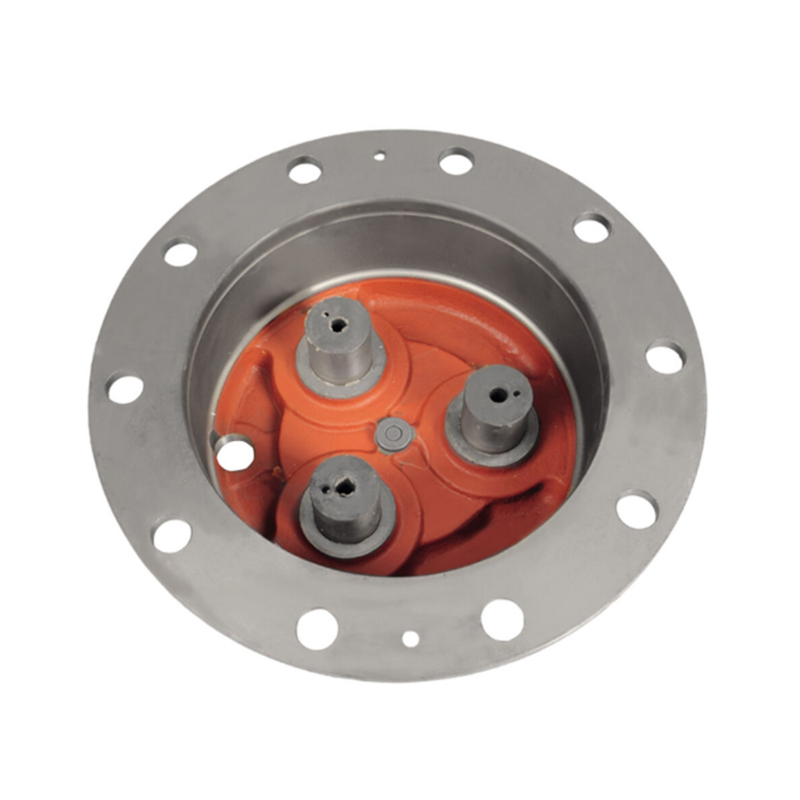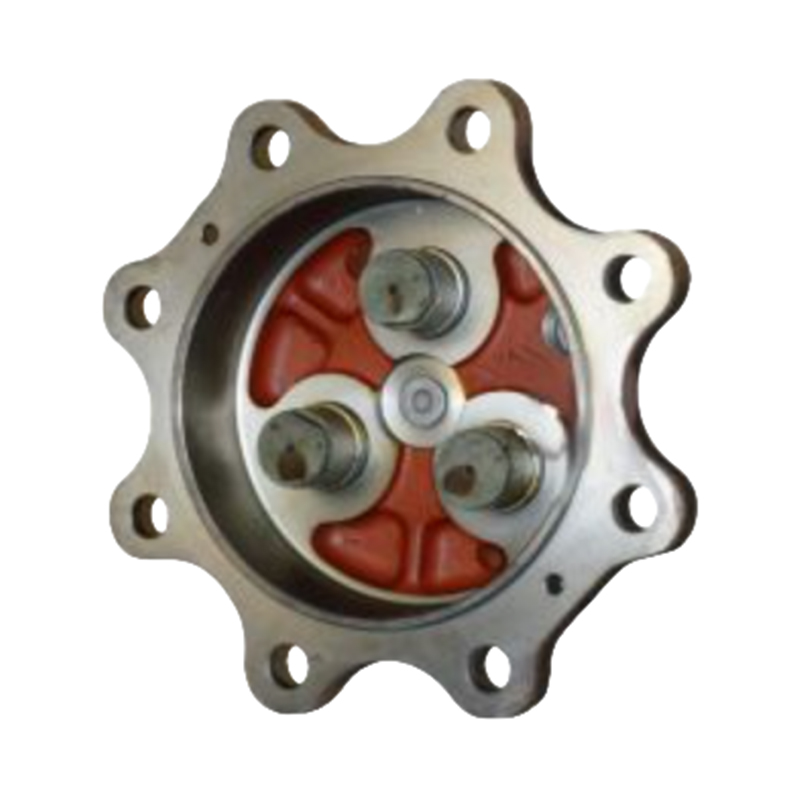Will poor meshing of heavy-duty gear parts cause increased friction?
When the meshing of heavy-duty gear parts is poor, it means that the contact between the teeth is no longer ideal and smooth. There may be gaps, misalignment, or other forms of non ideal contact. This kind of poor meshing can cause to uneven distribution of contact pressure between teeth, forming local high stress areas.
In these high stress areas, friction phenomena will significantly intensify. Because friction is the resistance generated when two objects come into contact and move relative to each other, as the contact pressure increases, the friction force also increases. In addition, as the contact area may decrease due to poor meshing, the pressure per unit area will further increase, further exacerbating friction.
The intensification of friction not only increases energy loss and reduces transmission efficiency, but also intensifies gear wear and shortens its service life. Meanwhile, if the heat generated by friction cannot be dissipated in a timely manner, it may also cause gear overheating and even damage.
In summary, poor meshing of heavy-duty gear parts can indeed cause increased friction. Therefore, in the design and manufacturing process, it is necessary to ensure the meshing accuracy and quality of gears to reduce friction and wear, and improve the performance and reliability of mechanical systems.

 English
English русский
русский


